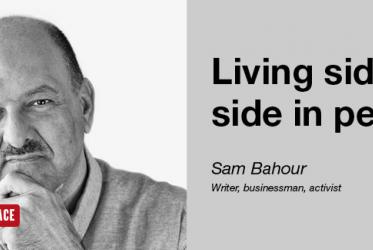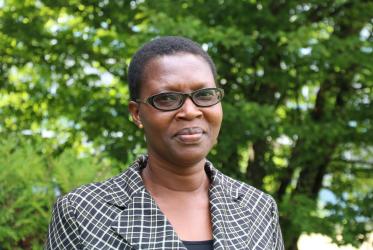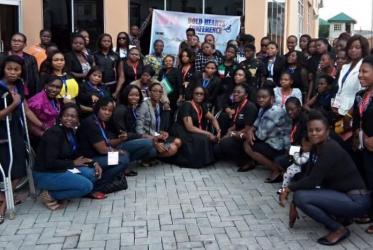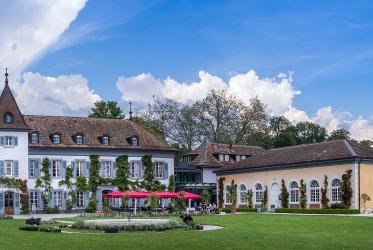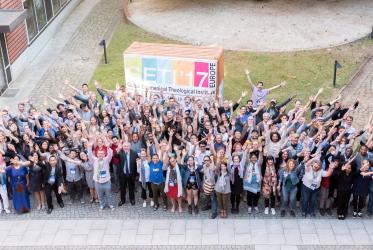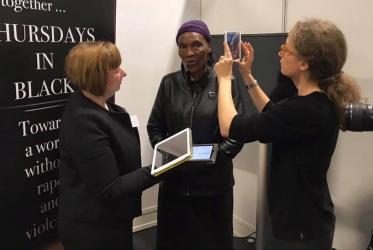Displaying 321 - 340 of 472
01 September 2017
Rebecca Dali: My faith in God motivates me every second
24 August 2017
"We have our work cut out for us"
10 August 2017
Faces of hope and moments of justice and peace
25 July 2017
Digitizing of Faith and Order Papers underway
23 July 2017
WCC students study what makes a peace communicator
18 July 2017
Nigerian breaks down stereotypes on Muslims
13 July 2017
Gender-based violence concerns ‘all of humanity’
11 July 2017
A voice for peace from Down Under
10 July 2017
A communicator on the move
10 July 2017
“We are to pass on the mantle”
31 May 2017


